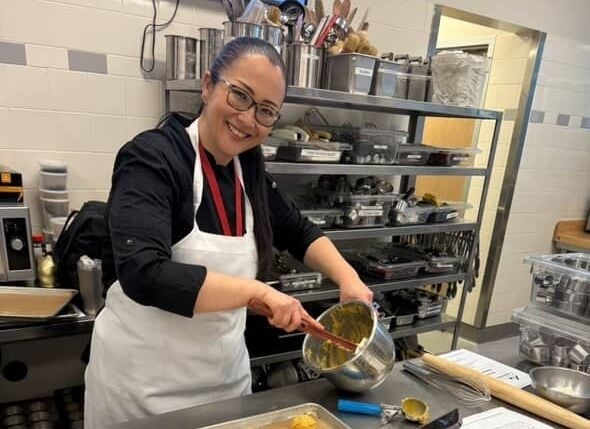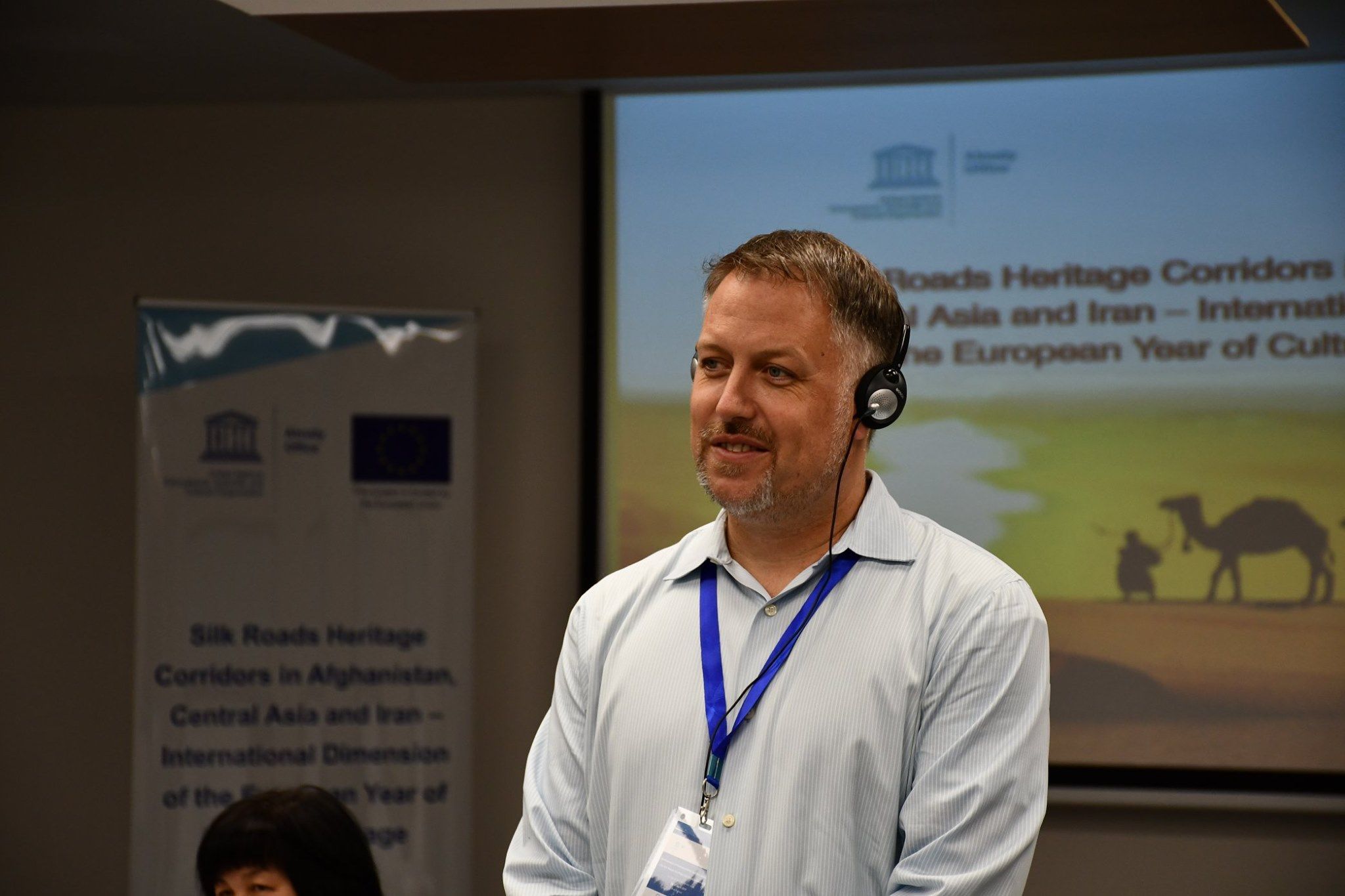Starting his career as a high school teacher, Theo pivoted eight years ago to pursue his passion for brewing, climbing the ranks from a bartender to a lead brewer at world-class establishments like J Wakefield and Grimm Ales. Now, as the Brewer and Owner/Operator of Offsite Miami and the force behind his brand, No Seasons. We at OysterLink recently sat down with Theo Castillo to talk about his journey.
Please introduce yourself and tell us a bit about your career path?
Theo Castillo: My name is Theo Castillo and I am a brewer by profession and trade. I used to be a high school teacher, out of college I taught one year in high school history, and I kind of hated it. I was a home brewer. I used to brew beer as a hobby at my house. And once I hated teaching, it was like, you know what, let me try to get in the industry and become a brewer.
That was about like eight years ago now. I got a job at a local brewery, J Wakefield, here in Miami, which is one of the best breweries I think in the world. Started working the bar there, front of house, helping out in the back of house as much as I could, cleaning kegs, help packaging. And then slowly kind of got more opportunities in the back. Was doing both for a while, front of house, back of house. And then kind of climbed up the ladder to lead brewer there at Jay Wakefield.
So my last year there, I was a lead brewer handling pretty much all the recipes and production and back of house stuff. And then that was kind of like a pandemic was winding down. I'm born and raised in Miami, never really lived outside of Miami, I wanted to move. So I got to, I moved to New York City and Brooklyn and got a job at Grimm Ales, which was my favorite brewery, I think is also one of the best breweries in the world.
And yeah, was there for two years brewing at Grimm, kind of refined my skills there at a world class brewery, brewed some amazing beers, we won back to back brewery of the year, brewery of the year in New York State those years, we won a couple of medals and the Great American Beer Fest and a couple other beer festivals.
And yeah, I moved back down to Miami about two years ago to launch my own brand, No Seasons. And I initially launched it as a gypsy brewery or nomadic brewery, kind of like a ghost kitchen where I would brew my beer, use someone else's facility, brew my beer, and then sell it just in distribution.
So I didn't have any of the overhead. I didn't have any of the upfront cost. I kind of was making profit, a little less profit margin, but profit nonetheless from day one. then yeah, I was building the brand kind of just through distribution throughout the whole state of Florida for about a year. We were nominated best new brewery by VinePair and Hop Culture Mag that year, last year. And then this year I've been working part-time with my buddy's little brewery here in Miami.
A little brew pub, so it has a kitchen, kitchen restaurant. And then it's been a tough summer down here in Miami, I'm sure for everybody in the industry. They had a couple other spots, they weren't doing, they were, I think, spread a little thin. So I offered to buy that spot. And so now we're taking over a little brew pub to be our little tap room now for No Seasons slash we're still gonna keep Offsite, the food concept of that.
VinePair just nominated me as a finalist for Brewer of the Year this year. Me and two other people will find out who wins that next month, I believe. But yeah, so it's been like eight years down the industry from teacher to bartender to back of house to brewer and now to owner.
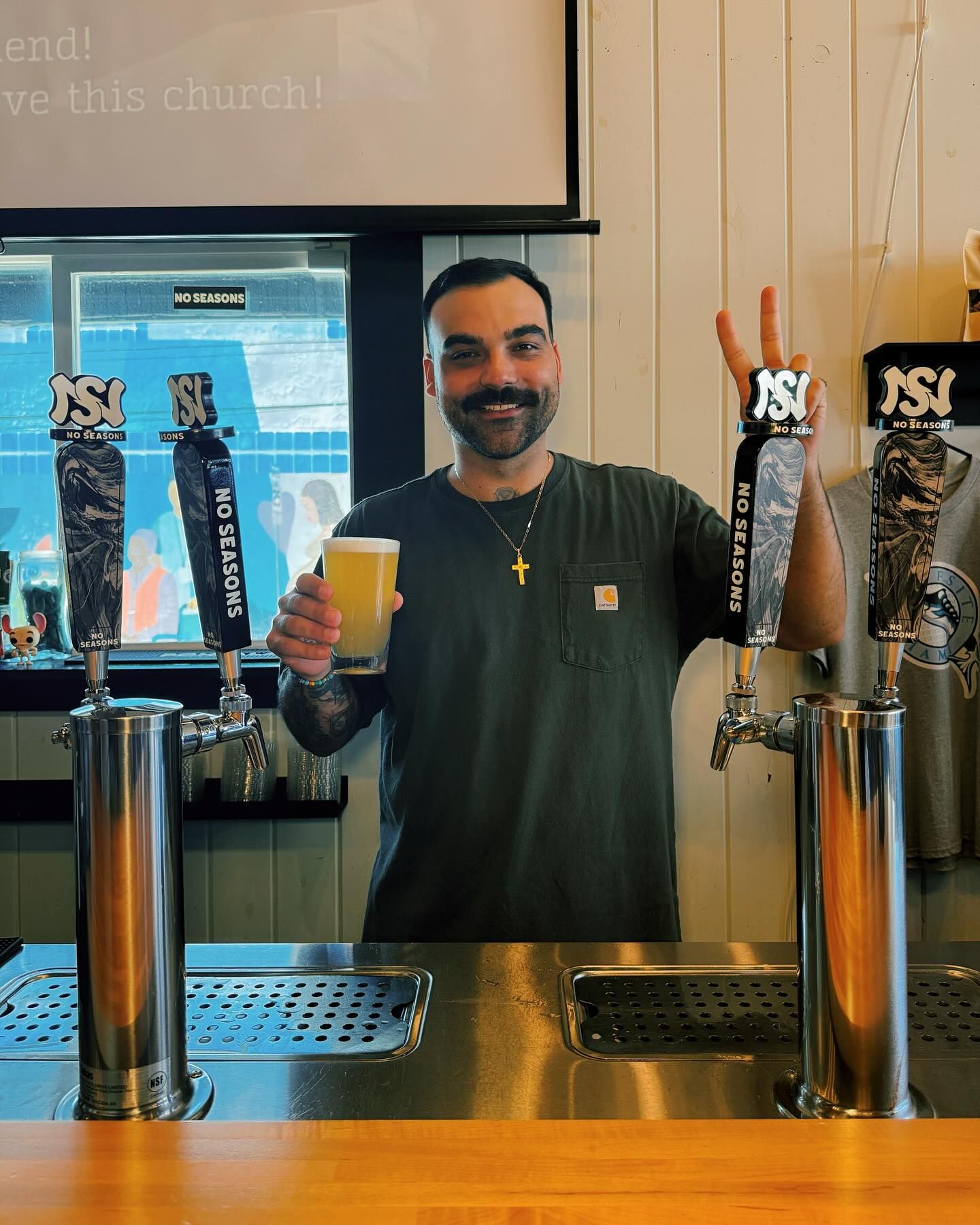
What has changed since you became the owner?
Theo Castillo: I don't think too much. To tell you the truth, the one thing that I've been trying to get around is like, I don't know, maybe people, not everybody obviously, but people kind of talk to me differently. Some people like just regulars or just people that come into the bar and I can feel the difference now that I'm an owner to an employee. I don't know how I feel about that.
And I'm like, why are you treating me any different than you did before? But, you know, just a small thing. That's just me nitpicking. But other than that, not really, man, we have a good staff that already worked there before, so I was familiar with all the staff. kept everybody on board, gave our cooks in the back a real raise. They're really good. We got two young guys back there that do a great job. So I gave them a raise. And yeah, I mean, I haven't had employees before, but I played sports my whole life and, you know, uncomfortable in a team environment like that. And, you know, was like captain of the teams and stuff like that as high school and college.
And so it was not too much of a, I think, a difference in like going from employee, like colleague to now their boss. I think we all kind of feel like nothing's changed too much.
We're all kind of working together for the same goal. But yeah, other than that, I mean, nothing much. There's just a lot more on my plate, in a good way.
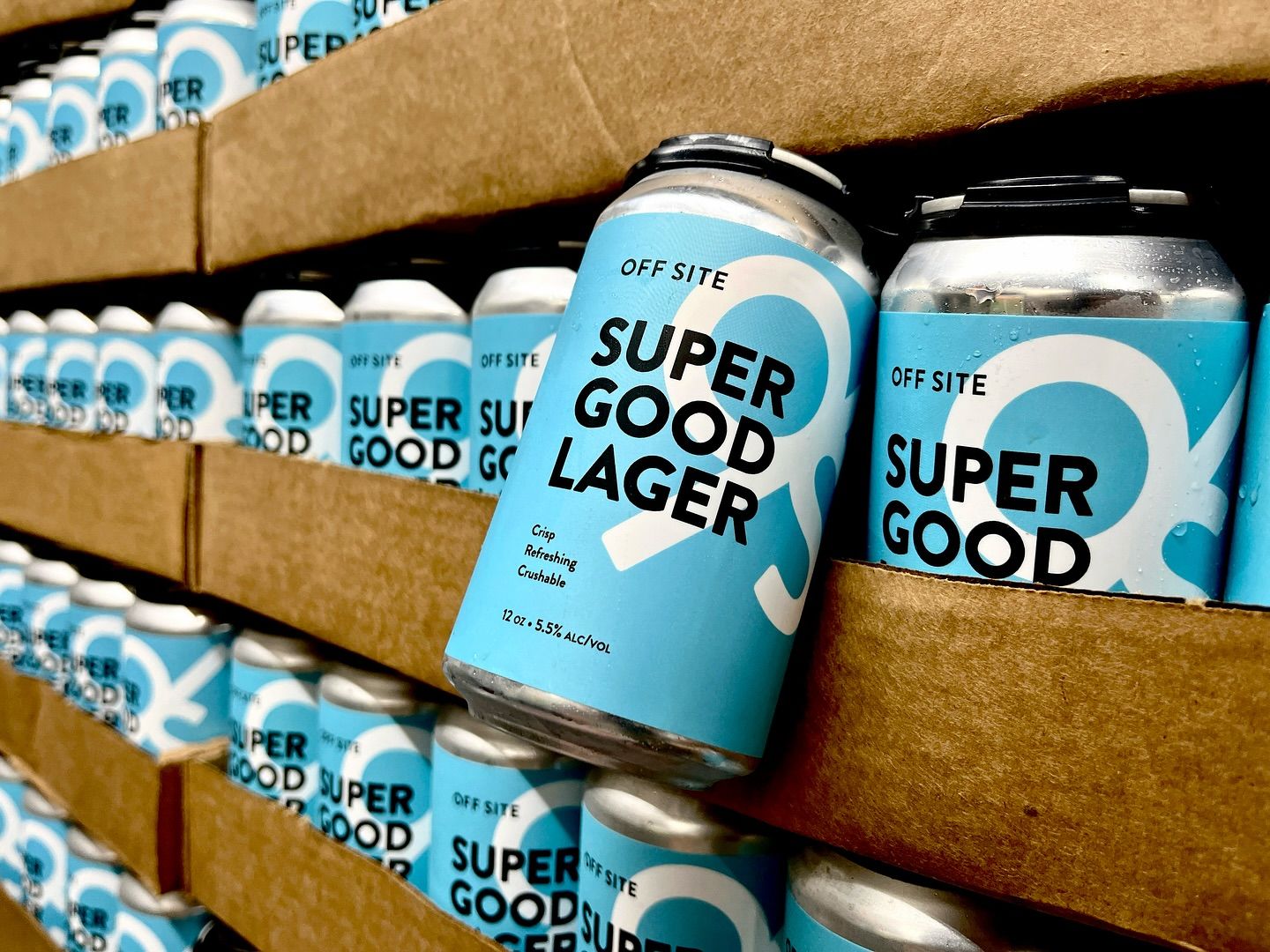
How would you evaluate a potential employee during a job interview?
Theo Castillo: I think definitely, how they fit in the team. So like how they, their values, and then fitting in the team. In my opinion, I think experience to tell you the truth is probably the least important thing.
Experience isn't the end of the world. It's probably the least; it's more about who you are as a person, how you're gonna fit in with the team, your values as far as service and hospitality and how you feel towards the world and towards people. And especially, our whole goal.
My motto for No Season is “people and beer.” I trademarked it, it's our motto. So I'm trying to build a brand. People first is first for a reason because I'm trying to build a brand around people. So the main thing is as long as there are people focused and hardworking, we could work around the experience thing. So mostly it's just values and work ethic.
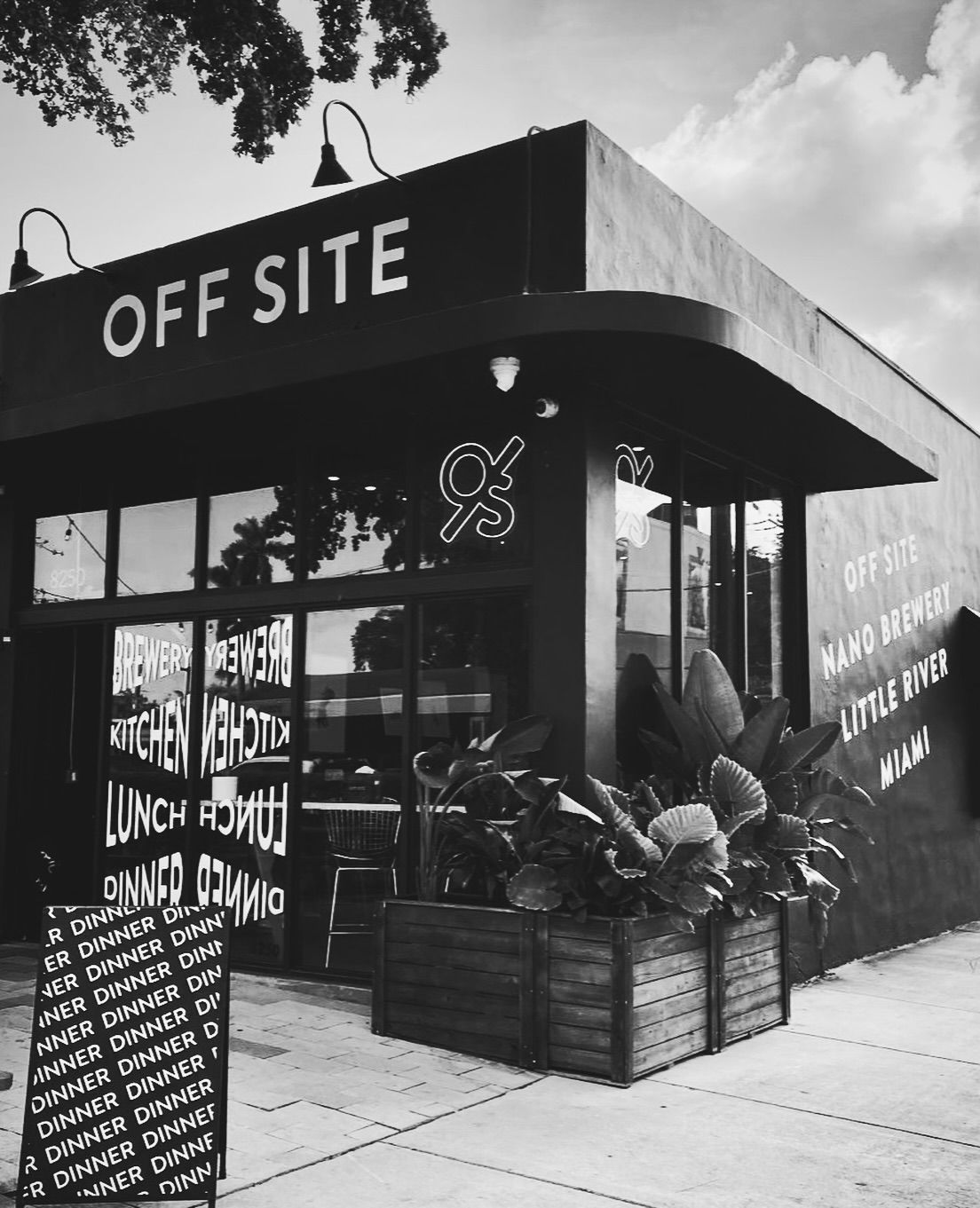
I noticed that for example the “Super Good Chicken” sandwich is going to stay. Aren't you going to have a new menu?
Theo Castillo: Absolutely. So Steve, the old chef owner, he's a friend of mine, he was the one that built the menu and definitely is a great, great chef. So we're going to keep most of the menu, the same fried chicken sandwich, the burger, the house smoked wings. We used to have a pastrami, a house smoked pastrami that we haven't had in a couple of months. I'm bringing that back. I'm actually going to, I'm getting that today and going to smoke that over the weekend. So we're bringing that back, which I'm excited about. And then on top of the menu pretty much staying the same.
I'm gonna do a lot more like weekday specials. So I want to do a house smoked French dip sandwich with a local kind of French bread with au jus and do that maybe super limited just Thursdays only. I want to maybe do a chicken cutlet like Vodka Parm on Tuesdays or Mondays. I even want to do something like a specialty burger one day of the week as well, maybe again Monday where it's like a local farmer, you know, we have a bunch of cattle here in Florida.
But everything else other than that, everything for the most part is going to stay the same besides maybe changing the bread up and then doing some of those weekday kinds of specialty items. But 90 % of the menus are going to stay the same. We're just going to try to make sure that consistency and execution is on point every time.
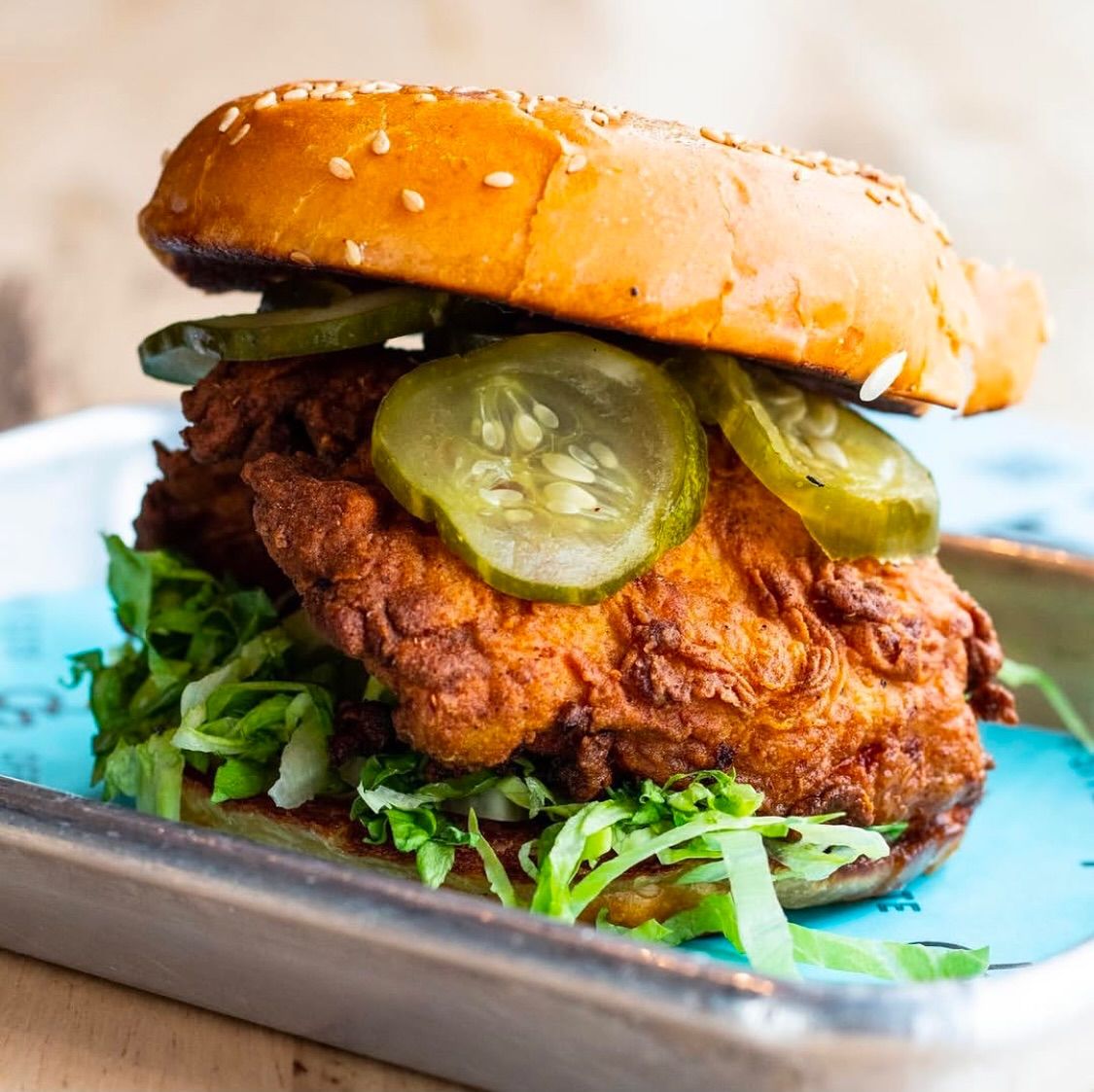
What's your next milestone?
Theo Castillo: We're in a good area. We're in a good neighborhood in Little River where I wanted to be before this opportunity presented itself. It's kind of the spot that's growing here in Miami and the neighborhood I want to be in. And we're at a corner unit that's really good. I got kind of locked in pretty much in the rent till 2035. But in four years we will have a renewal. We have a renewal guarantee but I don't have to if I have a better one.
The goal is to hopefully be in a position to buy a place, to buy a commercial property and kind of have a forever home there.
That's the goal either within four years or nine years, whenever this lease is up, or maybe even have a second, like if the opportunity presents itself to, and hopefully I'm in a position to do so. But that's like the next thing I need to put myself in the right financial situation to be in a good spot to take advantage of a commercial property and the right one and then kind of build that and be there for 50 years.
But also, I think I'm trying to also build a brand again, like I said, around people I'm trying to do. I'm trying to be an unpretentious kind of bar, a local bar that has amazing beer, but also amazing bar food.
You know, we smoke almost everything in house, we make all the sauces from scratch. But we still have great deals, great prices. So it's something that you could recreate in a bunch of different neighborhoods here in Miami. I grew up down in Kendall, kind of like a suburb neighborhood, which is about 30 minutes from where the brew pub is now. So I would love to, my dream, my second, would love to have the opportunity to open something up down there. ⁓ This is definitely the first, the goal is to have a couple locations for sure.
I've been following you on social media and you have that unique character that adds the flavor to your brand, to the restaurant, to the brewery. So, what kind of advice do you have for those trying to build a social media presence in this industry?
Theo Castillo: I'm sure it's, it's a very kind of cliche thing. Just, it's just kind of just do it. I don't really know what I'm doing to tell you the truth. And, but just, just do it, just start doing it. You're learning as you go.
I think about what I do well and what I've done. I think my whole life is to learn from other people's mistakes. And so people that are older, people have been in the industry for a long time.
They had that wisdom and that wisdom comes from them having years of mistakes and learning from them. And it doesn't always 100 % apply to you because you're in a different situation, but you could understand what they did, their situation, and then filter through your situation and learn from that wisdom and learn from their mistakes.
Problems are going to constantly come up. Things are going to constantly change. And it's how you make those changes, how you solve those problems. And then how you do that mostly is one, by doing it and failing yourself and learning.
But also you could avoid a little bit of that if you learn from other people, if you listen to them when they talk, if you get their experience and their advice. And again, it's not always 100 % applied to your situation, but maybe it's 50, maybe it's 80.
Definitely learn from other people's mistakes and you'll help you save a lot of your own mistakes for sure.
Check out more interviews like this brought to you by OysterLink, or get them straight to your email by creating an OysterLink account and joining our newsletter.
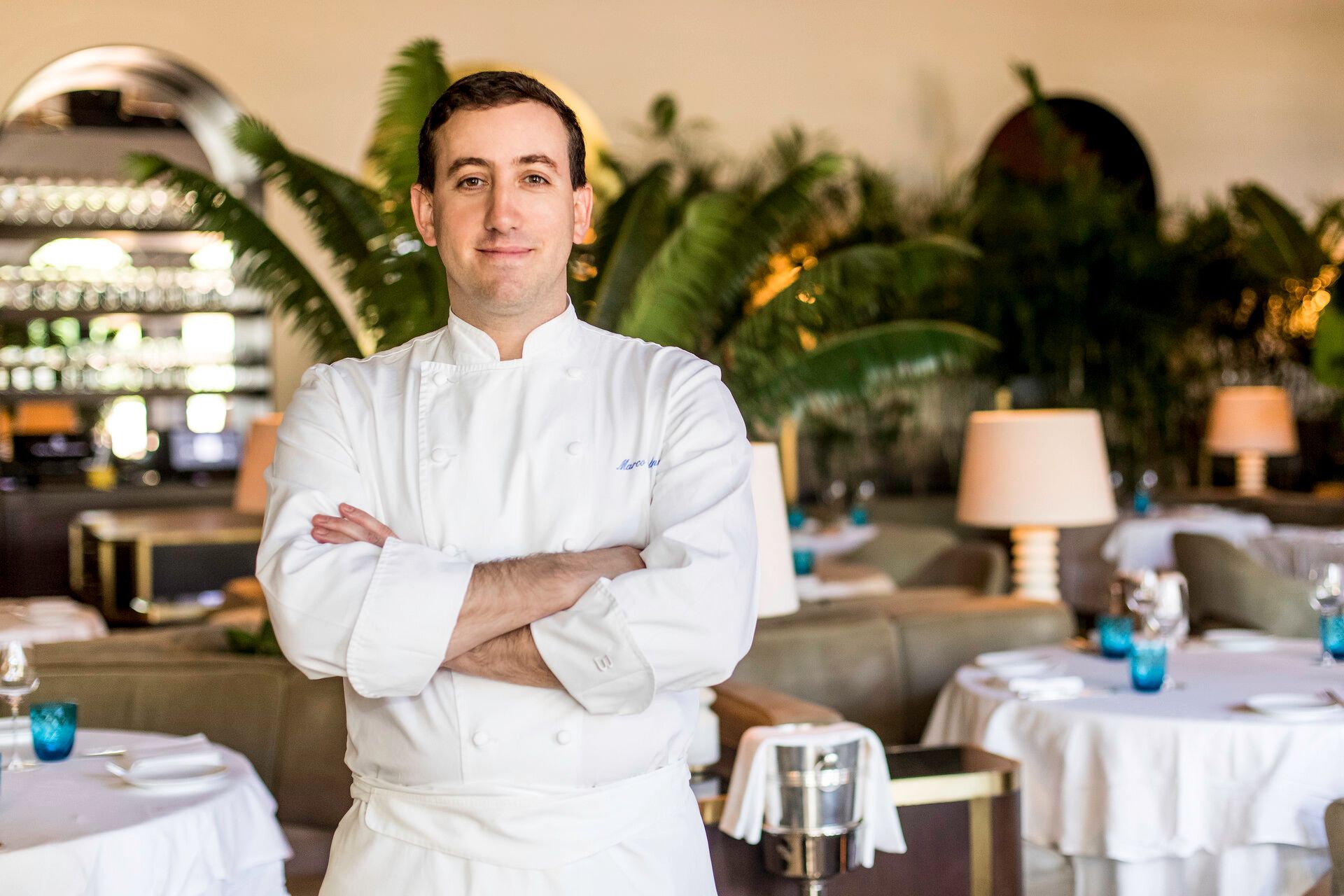
.webp)
